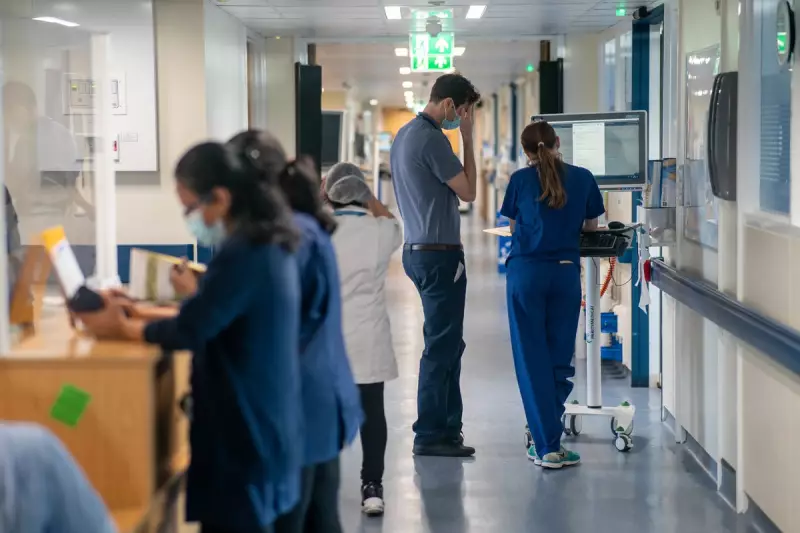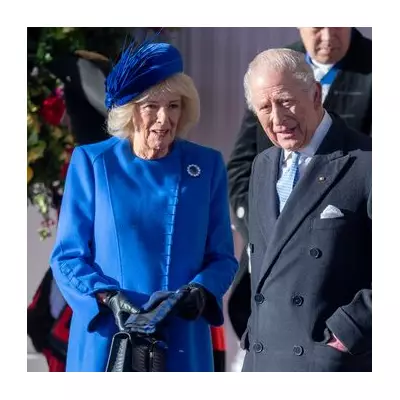
Shocking new figures have exposed a severe deterioration in cancer care within the National Health Service, with performance against a key diagnostic target hitting an unprecedented low.
Data from NHS England shows that in February, a mere 54.4% of cancer patients who had an urgent GP referral were told they did or did not have cancer within the promised 28-day timeframe. This marks the worst performance since records began and falls dismally short of the 75% target established by NHS chiefs.
A Growing Backlog of Anxiety
This statistic translates to tens of thousands of people left in a terrifying limbo, waiting longer than a month for answers that could dictate their future. The 28-day diagnosis target is a cornerstone of the NHS's long-term plan, designed to minimise the agonising wait for patients and ensure swift treatment if required.
Health leaders and charities have sounded the alarm, labelling the figures 'deeply worrying' and a clear sign that the system is buckling under immense pressure. The continued failure to meet this target suggests systemic issues are worsening, not improving.
Broader Targets Also Missed
The bleak news doesn't end there. The NHS also continues to miss another critical benchmark: the 62-day target for patients to start their first cancer treatment following an urgent GP referral. While performance saw a slight uptick to 63.9% in February, it remains far below the operational standard of 85%.
This paints a picture of a healthcare system struggling at multiple points in the cancer pathway, from initial diagnosis to the commencement of life-saving treatment.
Calls for Urgent Government Action
Cancer Research UK has responded with stark warnings, emphasising that early diagnosis is fundamental to improving survival rates. Persistent delays not only cause immense mental distress but can also directly impact clinical outcomes.
The data has ignited fresh calls for the government to address the chronic issues plaguing the NHS, including staff shortages, outdated equipment, and overwhelming demand. With cancer cases on the rise, tackling this crisis has never been more urgent. The health of the nation depends on a robust and responsive cancer care system, and these figures indicate it is currently failing.





